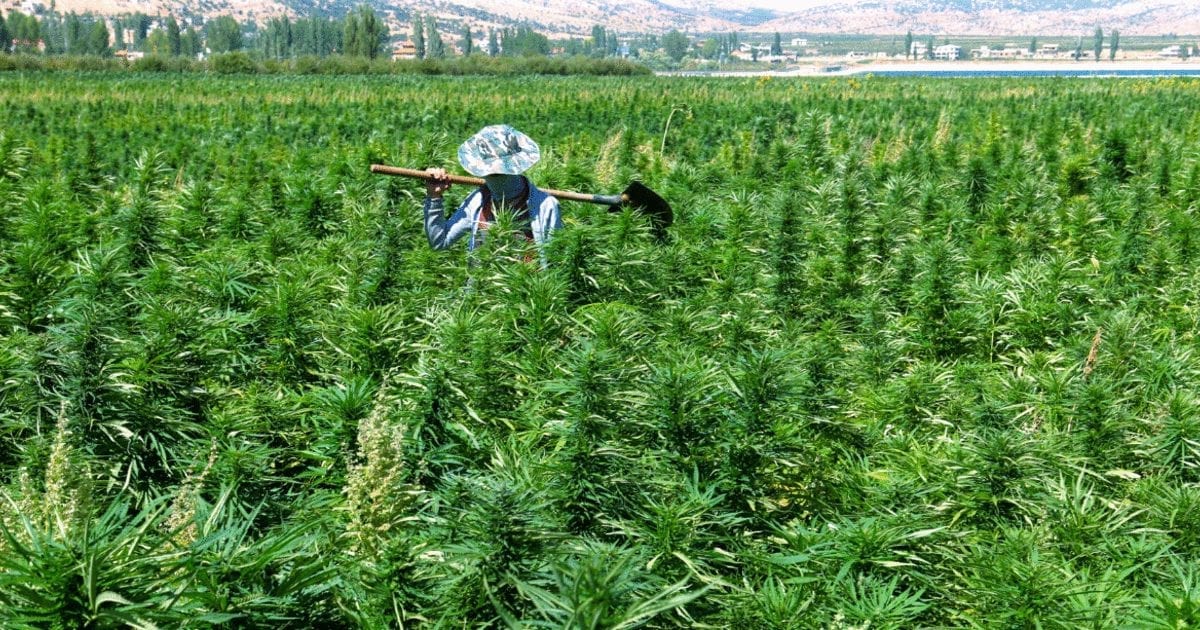Given the world’s growing acceptance of marijuana as both a recreational and medicinal drug, there has been a growing sentiment in Lebanon that there should be steps taken towards legalizing the drug.
In July 2018, a draft bill was introduced to parliament which legalizes the cultivation of marijuana for medical and industrial purposes. The bill has now finally been approved by parliamentary committees to be passed on to parliament on February 26th.
The long-awaited first step in the legalization of the drug has finally been taken. However, the bill is extremely strict on how it regulates the growth and cultivation of marijuana crops.
Private pharmaceutical companies would provide the seeds and seedlings to farmers in the Bekaa and, during the harvest, they would inspect the crops to make sure that nothing had been diverted.
The Bekaa Valley in Lebanon has long been known for its marijuana fields. It has gained notoriety as being one of the world’s major cannabis growing regions, producing the finest quality cannabis. It is then processed into hashish through extracting the resin.
The impoverished residents of the Bekaa Valley depend on the cultivation of the plant to maintain their livelihoods. They are hoping their hard work will finally not be seen as criminal after decades of raids and crackdowns.
Many point to the potential economic benefits of legalizing the substance. Lebanon is one of the world’s top 5 producers of hash. This alone shows the economic potential of what can happen if the local economy can benefit from the sale of the substance.
In 2018, the Lebanese government hired consultancy firm McKinsey & Company to assess its economy and make a set of recommendations to support economic growth.
One of the recommendations that McKinsey gave the country in its 1,274-page report is the legalization of marijuana. After this, politicians have expressed their enthusiasm for legalizing the drug.
However, the move is not uncontroversial. The United States alleges that Hezbollah personally benefits from the global drug trade. However, they deny the charge and say that they are opposed to the production and sale of all drugs.
Another factor is whether the economic benefits of legalizing cannabis growth will only end up serving the corrupt elite, ultimately rendering any economic benefits useless.
Notre-Dame University Economist Louis Hobeika warned that “this is a move that aims to finance the political mafia in Lebanon.”
However, legislator Antoine Habchi claims that this is a chance to give back the farmers their control over their profits instead of benefiting drug trafficking rings.
Disclaimer: We previously reported that parliament had approved a bill to legalize marijuana production however that was later found to be incorrect, according to new information provided to us. The bill was indeed passed by parliament committees but has yet to be passed by parliament for final approval.
















